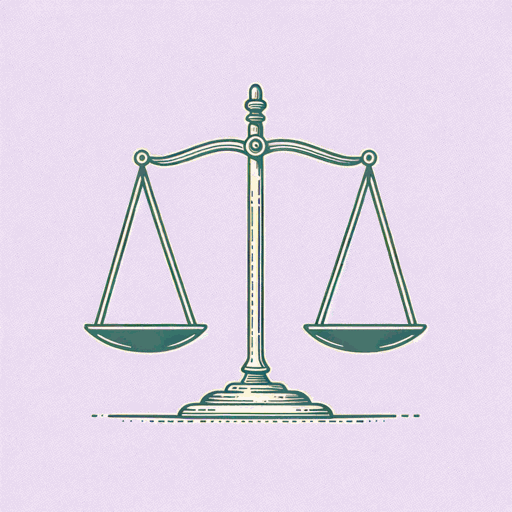83 pages • 2 hours read
Karl PolanyiThe Great Transformation
Nonfiction | Book | Adult | Published in 1944A modern alternative to SparkNotes and CliffsNotes, SuperSummary offers high-quality Study Guides with detailed chapter summaries and analysis of major themes, characters, and more.
Part 2, Section 2Chapter Summaries & Analyses
Part 2: “Rise and Fall of Market Economy”, Section 2: “Self-Protection of Society”
Chapter 11 Summary: “Man, Nature, and Productive Organization”
For a century, society was comprised of two opposing forces: market expansion and regulation of this expansion. The market expanded while a countermovement to protect society by checking market expansion prevented the self-regulation of the market. The market system expanded to encompass the globe: “A new way of life spread over the planet with a claim to universality unparalleled since the age when Christianity started out its career, only this time the movement was on a purely material level” (136). The countermovement attempted to prevent the market system from destroying itself.
Polanyi repeats the foresight of Owen’s argument against the evils of the market system, a system that demands the commodification of man and Nature. Polanyi argues that this fictitious commodification will annihilate both; interventionism protected against this and productive organization, which was at the mercy of falling prices. According to the market system, money was also a commodity at the mercy of the market’s supply and demand, and should not be regulated or intervened upon by governments. The gold standard was therefore created to prevent this interference. However, the gold standard represented a threat to business, as market system commodification represented a threat to man and Nature.

